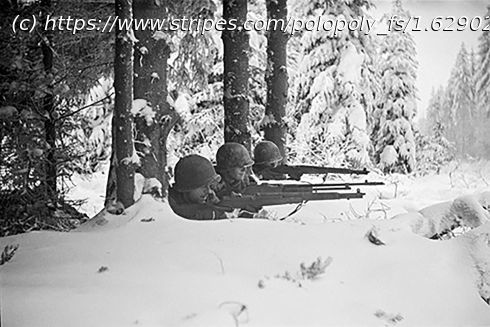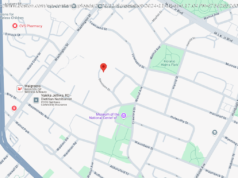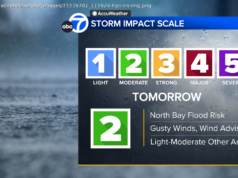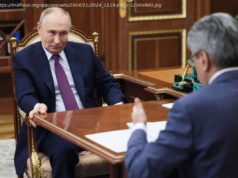On Friday’s 75th anniversary of the end of World War II in Europe, talk of war is afoot again — this time against a disease that has killed at least a quarter of a million people worldwide.
Stars and Stripes is making stories on the coronavirus pandemic available free of charge. See other free reports here. Sign up for our daily coronavirus newsletter here. Please support our journalism with a subscription.
On Friday’s 75th anniversary of the end of World War II in Europe, talk of war is afoot again — this time against a disease that has killed at least a quarter of a million people worldwide.
Instead of parades, remembrances and one last great hurrah for veterans now mostly in their nineties, it’s a time of coronavirus lockdown and loneliness, with memories bitter and sweet — sometimes with a lingering Vera Lynn song evergreen in the background.
For so many who went through the horrific 1939-1945 years and enjoyed peace since, Friday felt as suffocating as the thrill of victory was liberating three quarters of a century ago.
It sounded like a cry from some past, bellicose era or a Hollywood movie, but instead it was French President Emmanuel Macron speaking in a March 16 national address. He used the phrase “we are at war” six times to emphasize the threat of COVID-19 to his country as he announced a lockdown well-nigh unprecedented since World War II in its restrictions on personal freedoms.
Close to France’s Normandy D-Day beaches where he fought in perhaps the most momentous day of that war — the June 6,1944, landings of allied troops in Nazi-occupied France — former U. S. army medic Charles Shay was listening to Macron.
Now 95, he said surviving D-Day at 19 taught him this much. “When my time comes there is not much I can do about it.” Yet Macron’s comparison didn’t fully fit his experience.
“World War II was created by a madman who thought he could take over control of the world,” Shay said.






